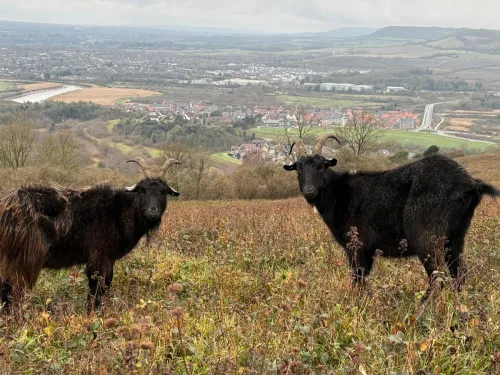
It’s the “Goat” of Christmas past
Rangers celebrate “Christmas miracle” as escaped goat returns after three-month adventure
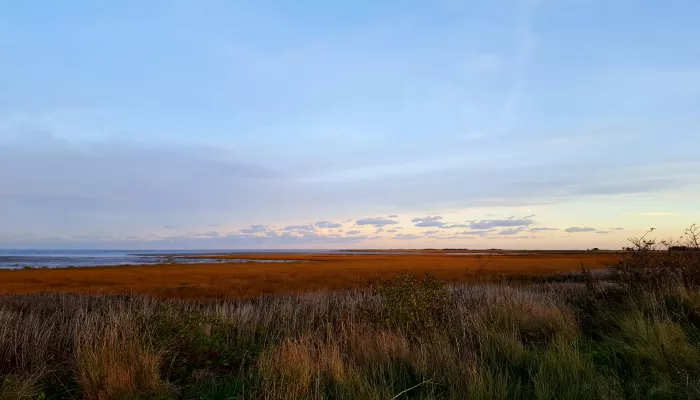
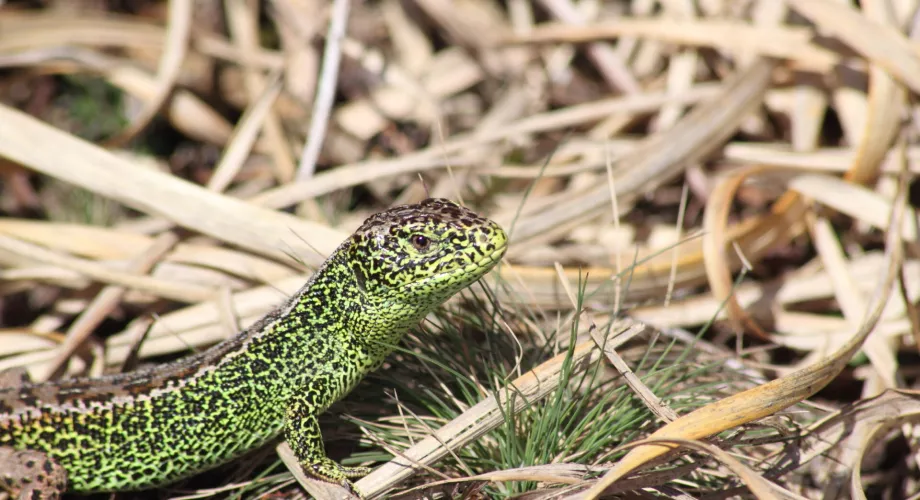
Sand lizard © WildNet Steve Davis
Given the remote location and difficult terrain, crews had to park the fire engines three miles away and used off road vehicles to reach the blaze.
Firefighters used beaters and water from the all-terrain vehicle to tackle flames, but the damage was irreversible.
While some birds have now returned for nesting season, John says it will take time for the reserve to recover and wants others to consider the impact of their actions.
He added: “I think on most occasions, fires are innocently lit but they quickly get out of control and people don’t quite understand the consequences of that."
“There are heathlands and grasslands all over Kent, which are quite often at risk at this time of year from fires. I would urge anyone visiting one of these fantastic sites to just think about their actions and what could happen.”
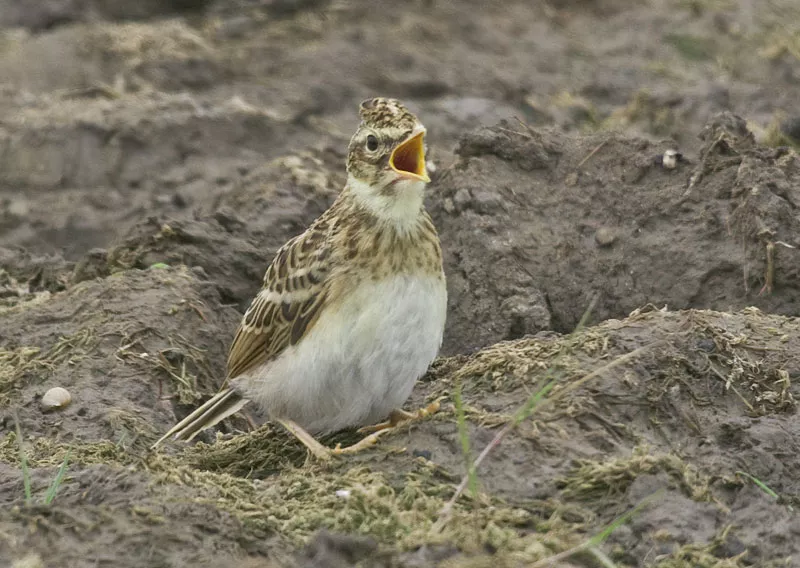
Skylark, by John Bridges
KFRS’ Group Manager for East Kent, Dave Harris, said: “As well as being extremely dangerous, grass fires can have a devastating and lasting impact on wildlife, property and lives.
“Many of grass fires are preventable, which is why we’re appealing to members of the public to always consider the potential implications of their actions and to take extra care when lighting any sort of controlled outdoor fire, whether that’s a barbecue, bonfire, or even the way in which they dispose of cigarettes.”
You can help by following these simple safety tips:
Please note, Kent Wildlife Trust does not allow fires of any kind on any of its reserves.
You can hear more about John's story here:

Rangers celebrate “Christmas miracle” as escaped goat returns after three-month adventure
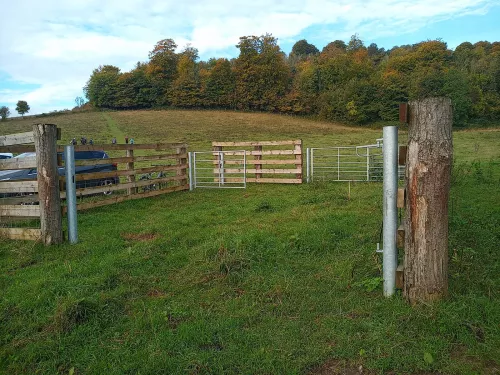
Terrified cows being chased by teenagers, litter strewn over nature reserves, and the inevitable onslaught of mass pumpkin dumping in the woods – as Halloween approaches, Wardens at Kent Wildlife Trust head for their litter pickers in a bid to combat the…
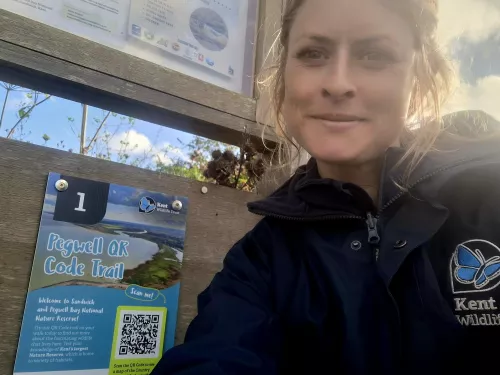
Signage with scannable QR codes has been installed to help people learn about nature and raise awareness of specially protected wildlife areas after a spate of incidents